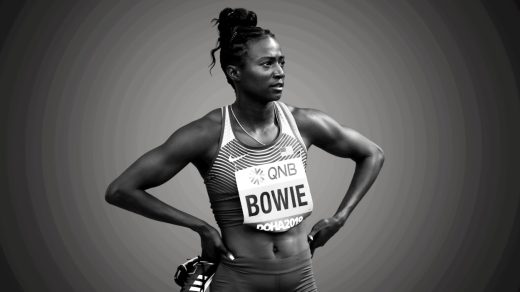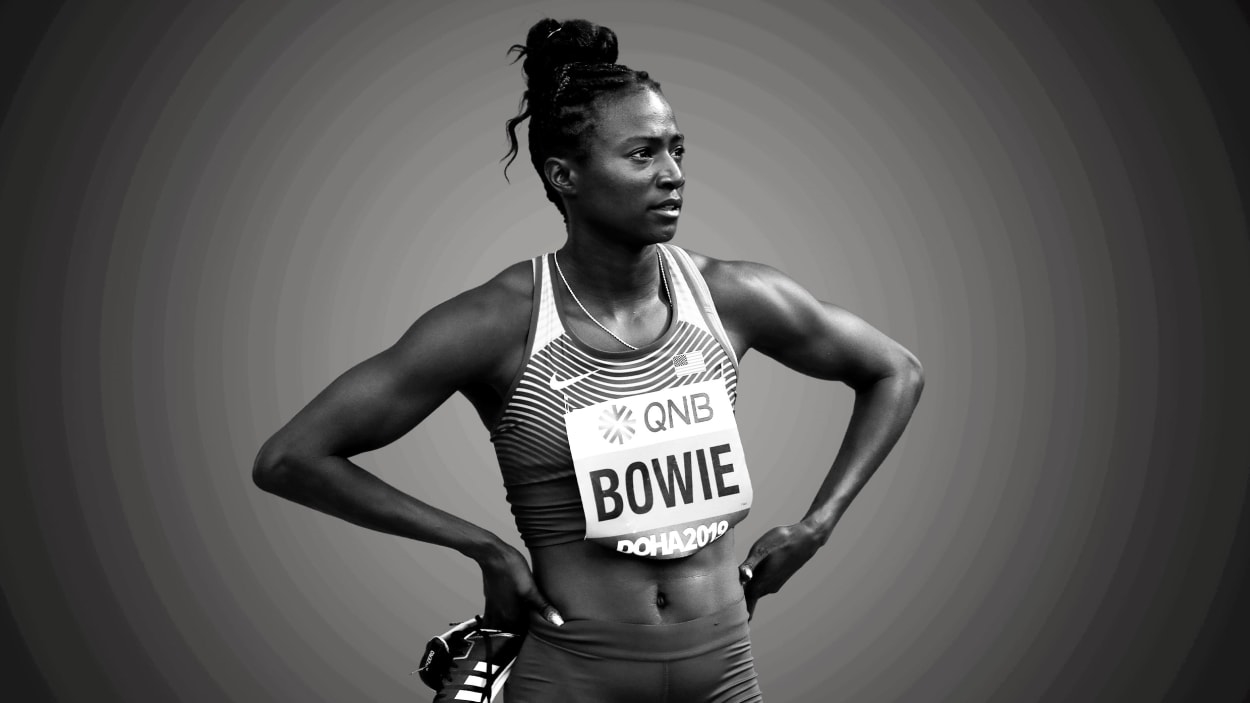Tori Bowie’s death highlights a disparity in childbirth outcomes for Black women
By Sarah Bregel
Tori Bowie, an Olympic track and field champion, has died at 32 years old. According to news outlets, Bowie’s autopsy report showed that she was 8 months pregnant and in active labor at the time of her death. Her body was found inside her Florida home after she hadn’t been seen in days.
According to reports, “respiratory distress and eclampsia” may have contributed to the tragedy. But eclampsia, a condition where spikes in blood pressure lead to seizures or a coma, which can lead to death, is typically diagnosed and managed during pregnancy while it is still considered preeclampsia.
Preeclampsia can cause complications like preterm birth, organ failure, stroke, and more. It’s a frightening, yet frighteningly common, condition. According to the Preeclampsia Foundation, it happens in about 5% to 8% of pregnancies—but is 60% higher among Black women than white women. That disparity is something another Black Olympian in her prime, Allyson Felix, has spoken out about after her traumatic birth experience.
It’s alarming when any young, seemingly healthy person dies in childbirth. But it’s not so uncommon in the U.S., where birth outcomes are dismal. In 2022, data collected from The Commonwealth Fund found that women in the U.S. have the highest rate of avoidable mortality when compared with other wealthy countries, at 198 deaths per 100,000. The study attributed those deaths to a high rate of cesarean birth; shortcomings in care, like not enough preventative care and screenings; as well as a broad lack of access to healthcare. But while the rates across the board aren’t good, they are far worse for Black women—who are three times more likely to die during labor than white women.
There are factors that may make Black women more susceptible to developing certain pregnancy conditions. A lack of access to quality, affordable healthcare, is certainly a contributor. Obesity and high blood pressure can lead to more pregnancy complications, too. But according to an in-depth report from the Associated Press, racism is a glaring factor in the disproportionate number of deaths. Birthing Black women routinely recount near-death experiences spurred by having their complaints or concerns ignored by their care providers. Even Beyoncé and Serena Williams experienced it, and spoke out. But too many times, those whose concerns are neglected don’t survive to tell their stories.
Quality care, like early intervention for conditions like preeclampsia, is deeply important for people who give birth in the U.S. While not every pregnancy condition can be diagnosed, technology is improving all the time. New blood tests that can predict pregnancy conditions before symptoms appear are starting to emerge. One test, which can detect severe preeclampsia, just got approved by the Food and Drug Administration (FDA). But until such tests are commonplace for everyone, listening to pregnant people has never seemed more important.
While it’s glaringly clear to the people who have suffered due to insufficient care that the U.S. is not doing enough to protect mothers-to-be, it’s perhaps never more obvious than when a Black Olympian, in her prime childbearing years, dies in labor, and alone.
Tori Bowie won three medals in the 2016 Olympic Games, a gold medal in the 100-meter race at the IAAF World Championships in 2017, and helped the U.S. retain gold in the 100-meter relay that year. According to reports, she weighed only 96 pounds at the time of her death.
(6)



